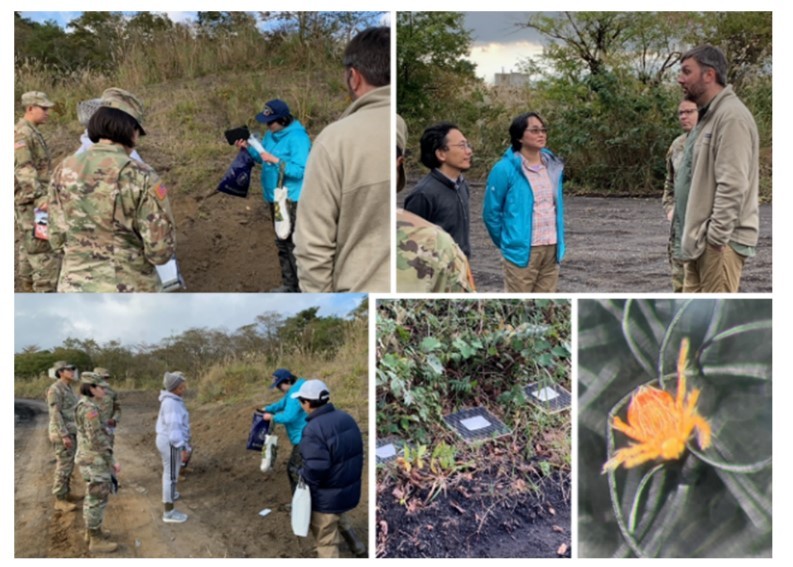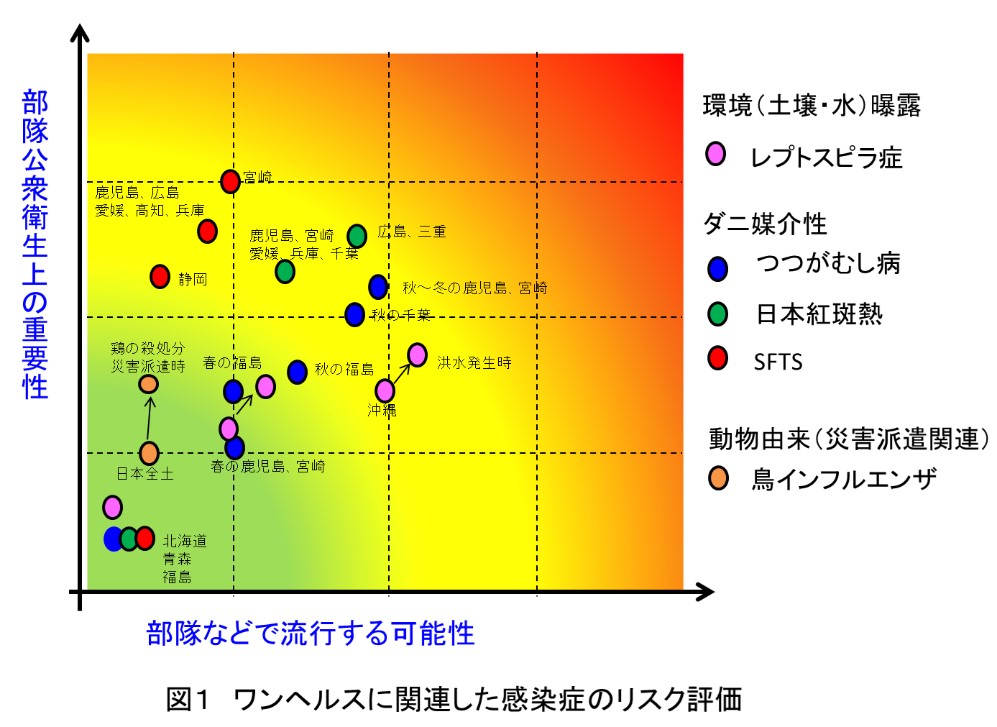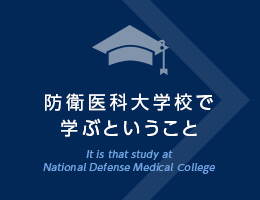広域感染症疫学・制御研究部門:Division of Infectious Disease Epidemiology and Control
研究上の強み: Research Advantage
- 感染症流行の広範な情報収集と分析および提言
- レプトスピラ症や節足動物媒介感染症に関する野外調査とその手法の開発
研究部門の構成: Staff
Division of Infectious Disease Epidemiology and Control

2024年度のツツガムシの調査風景(東富士演習場)
Survey for Scrub typhus in 2024 (East Fuji Maneuver Area )
教 授加來 浩器
Professor Koki KAKU
准教授 金山 敦宏
Associate Professor Atsuhiro KANAYAMA
学内講師 江尻 寛子
Assistant Professor Hiroko EJIRI
客員研究員 神保 恵
Visiting Research Fellow Kei JIMBO
客員研究員 石見 顕
Visiting Research Fellow Akira IWAMI
部門の沿革: History of the division
広域感染症疫学・制御研究部門は、2012年に設置された「感染症疫学対策研究官(教授)」を前身とし、2016年の組織改編によって防衛医学研究センターの第6番目の部門として新設されました。2022年には准教授ポストが設置され、部隊や他国軍との連携による感染症リスク評価にかかる研究をさらに強力に推し進めることができるようになりました。2020年からバイオセーフティ/バイオセキュリティの専門家1名、2022年から昆虫医科学の研究者、2025年から分子生物学の研究者、それぞれ1名ずつを客員研究員としてお迎えしています。
研究目的: Research objectives
感染症危機管理体制基盤(感染症対策のネットワーク化、人材育成事業、感染制御・サーベイランス活動)の構築
研究課題: Research subjects
広域感染症疫学・制御研究部門では、1)感染症疫学に基づく運用的研究、2)感染症疫学に関する基盤研究をおこなっています。
- 1)感染症疫学に基づく運用的研究では、国内外の感染症専門家からなるネットワークを活用して、疫学や対策に関する意見交換や研究交流を通じて情報共有等を行い、感染症流行状況に関する情報を収集しています。そして、自衛隊の諸活動に与える影響を分析したり、部隊などからの感染症対策に関する相談を受け付けたりしています。(シンクタンク的活動)
- 2)感染症疫学に関する基盤研究では、防衛省・自衛隊における感染症リスク評価としてレプトスピラ症、ダニ媒介感染症、デング熱に関わる研究を行っています。また、遠隔による感染症媒介蚊の生息状況の調査手法や、蚊の捕集トラップの改良などの研究にも取り組んでいます。
- 3)安心安全な研究環境の整備と人材育成として、防衛医学研究センター内の分子生物学研究室のBSL2整備と実験室研究に関わる基礎教育を担当しています。
部隊等で感染症が発生した場合には、現地で疫学調査をおこなって感染制御に関する提言などを行います。ときに、自治体からの調査依頼を受けることもあります。(実地疫学調査)








